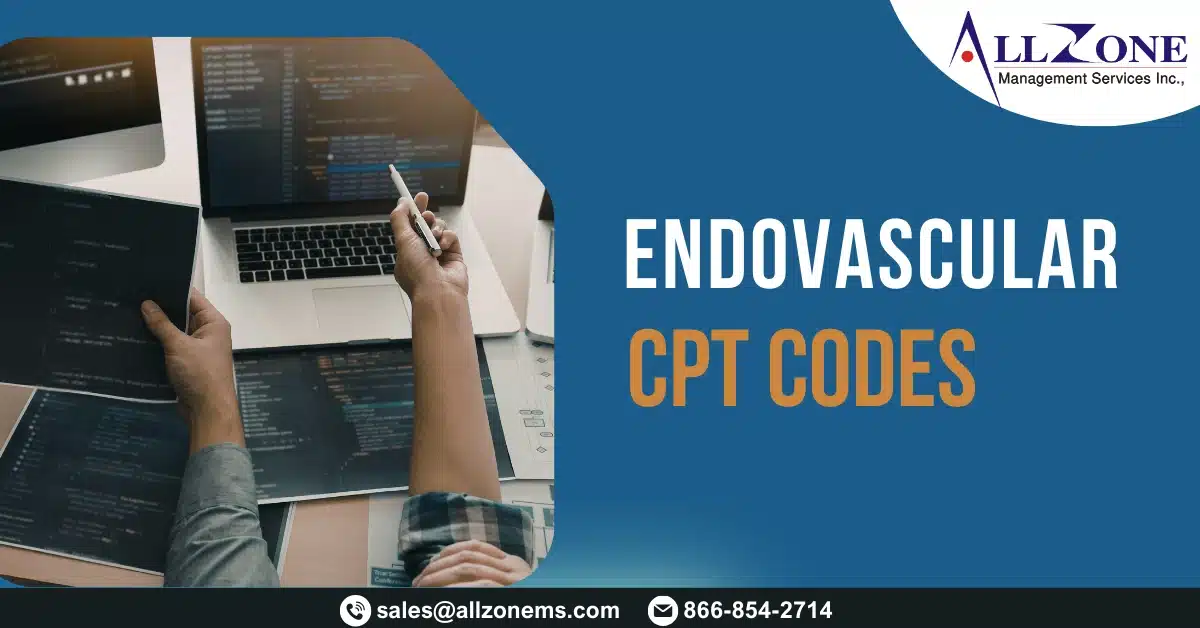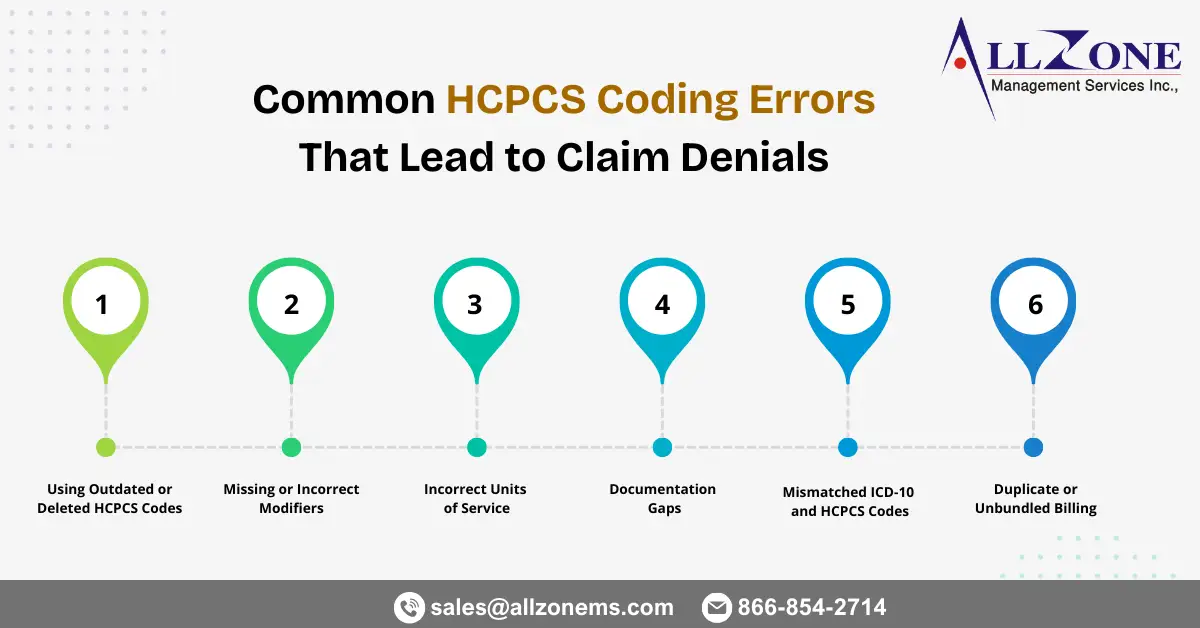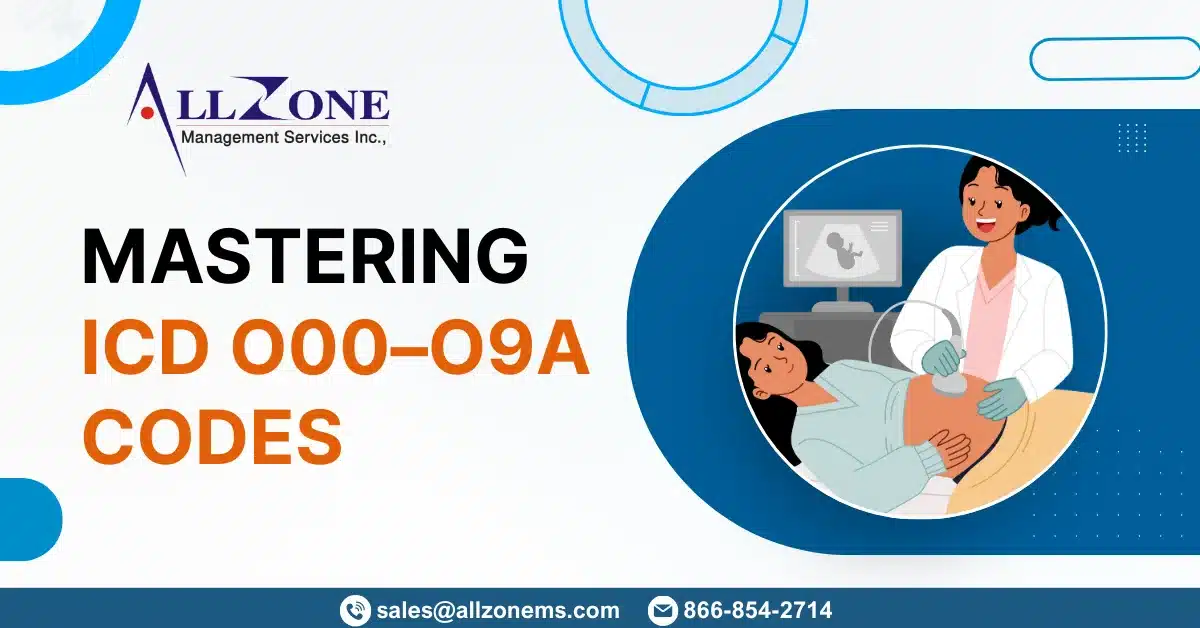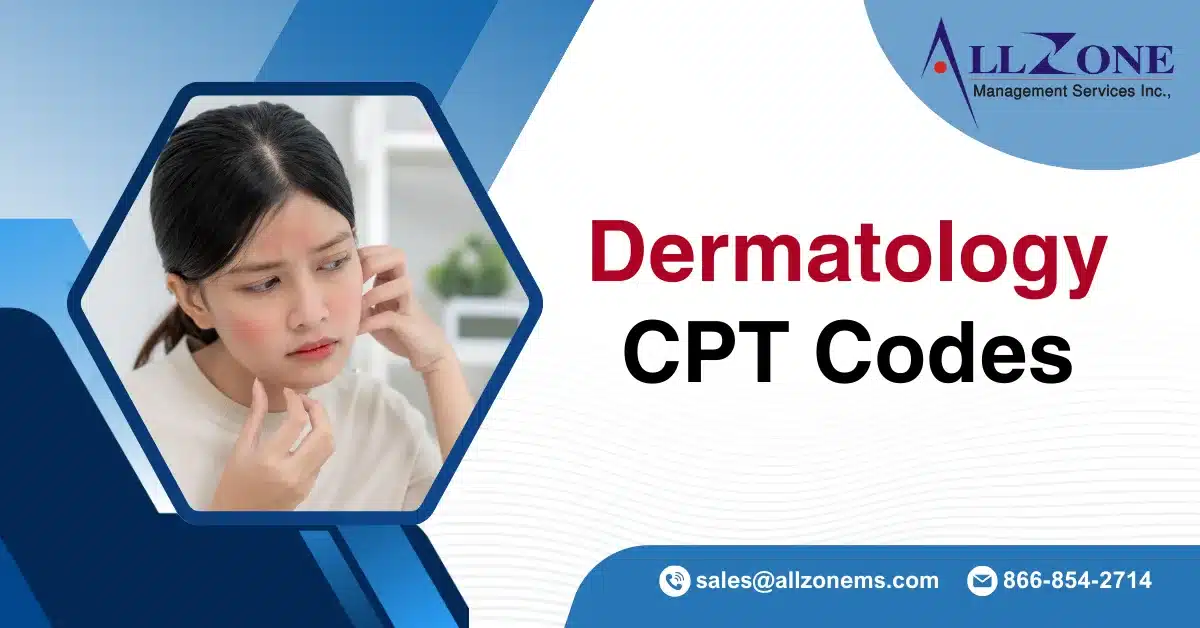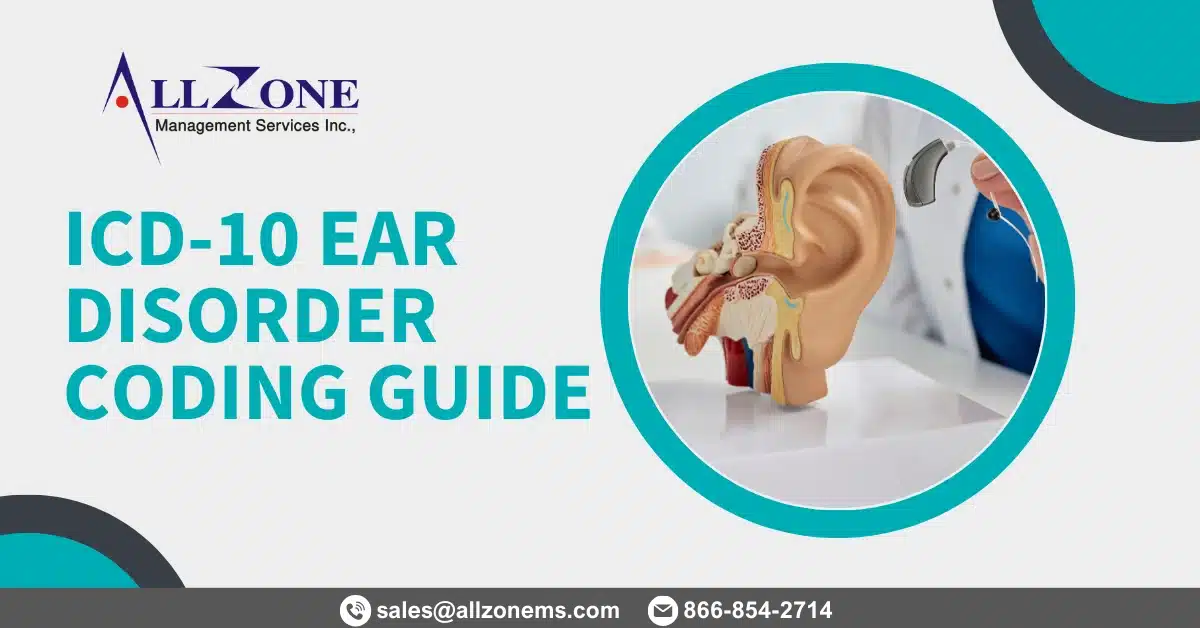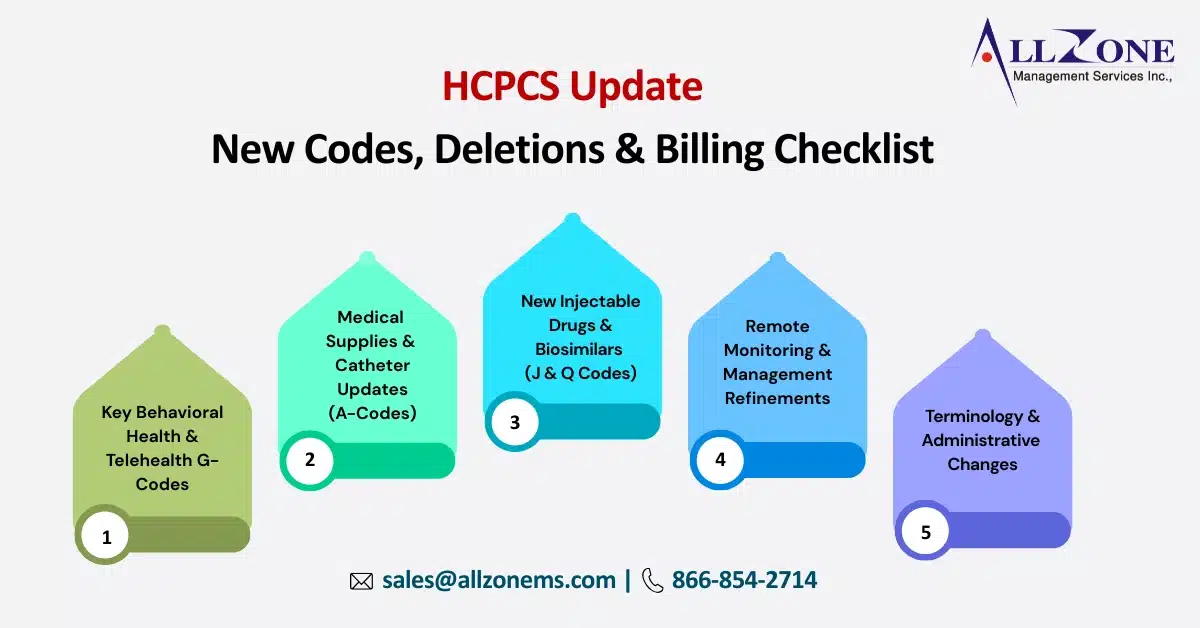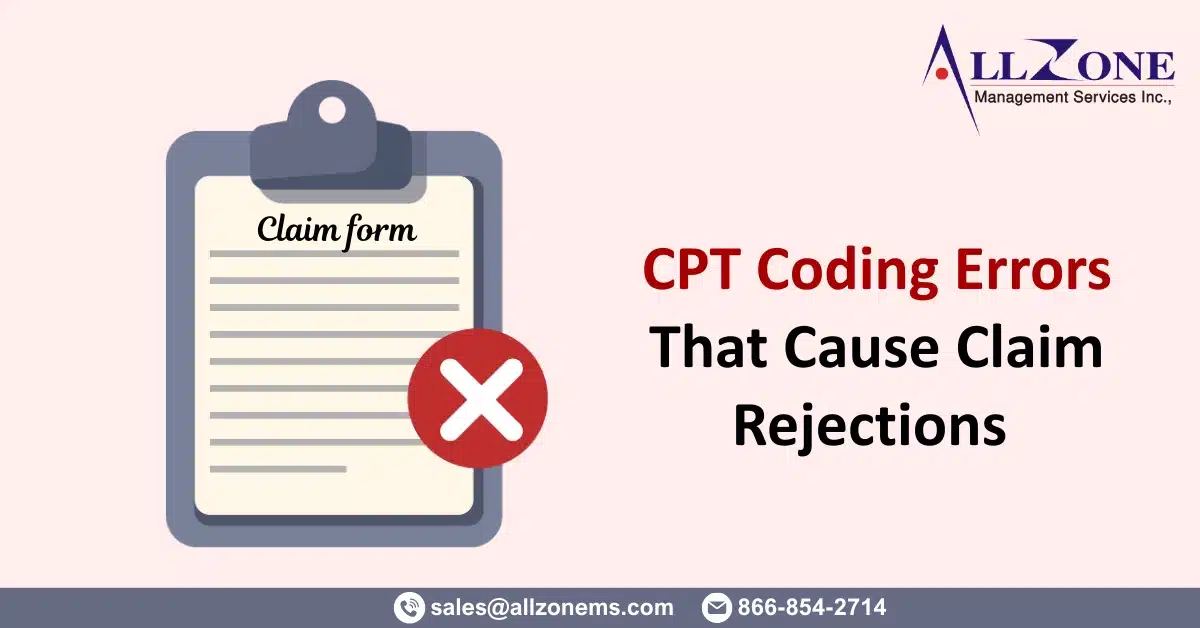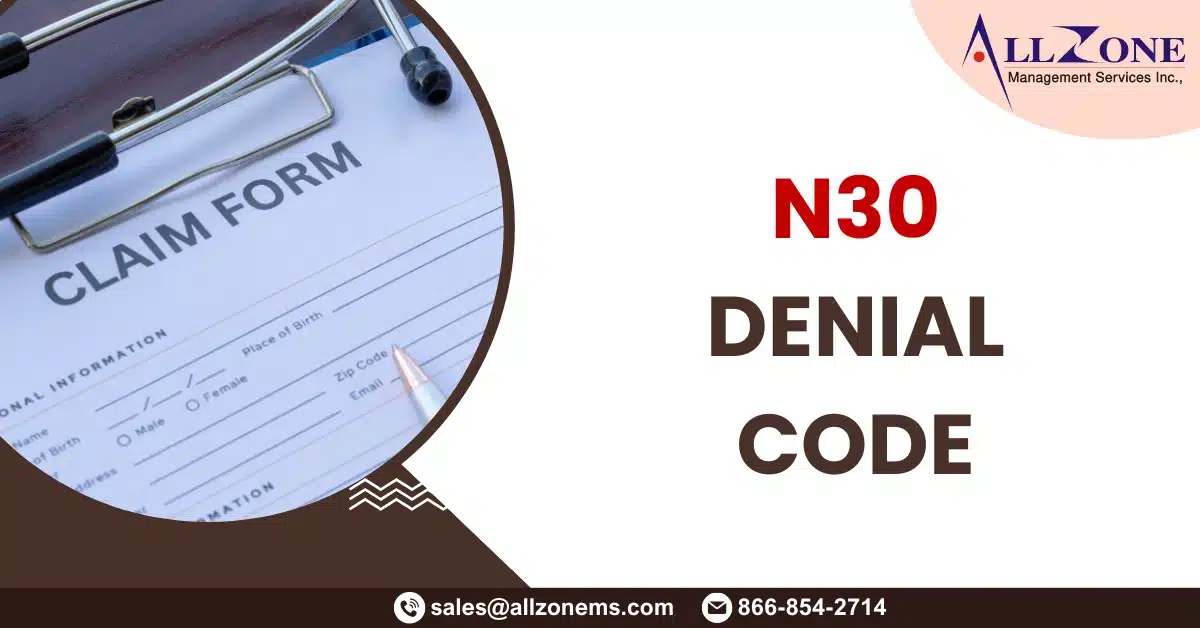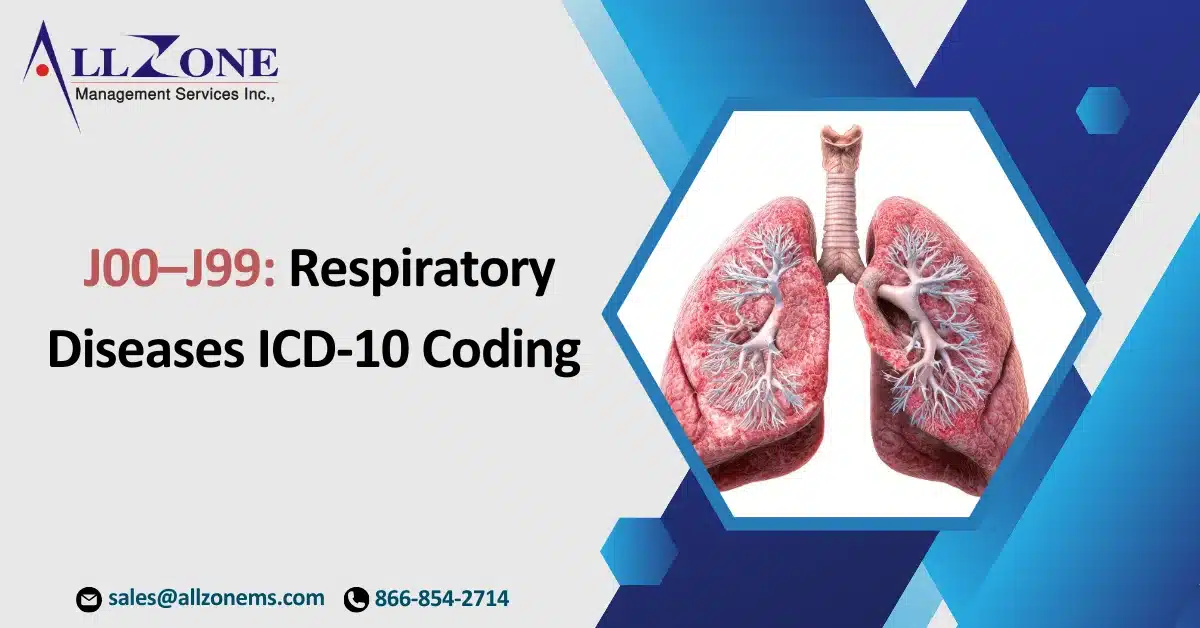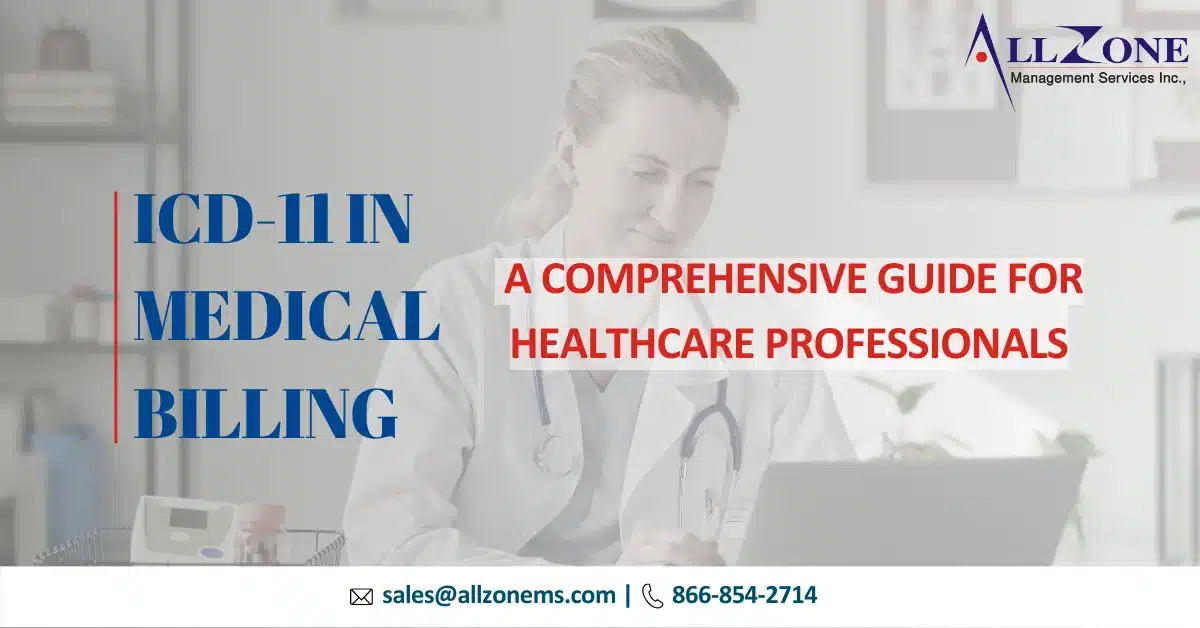Endovascular procedures have transformed vascular care by offering minimally invasive solutions for conditions such as peripheral artery disease (PAD), aneurysms, and arterial blockages. While these procedures improve patient outcomes and reduce recovery times, they also introduce a new level of complexity in medical billing. For healthcare providers and billing teams, endovascular CPT codes can be […]
Healthcare organizations rely heavily on accurate coding to ensure timely reimbursement. While CPT and ICD-10 codes often receive most of the attention, HCPCS Level II codes play an equally critical role in billing for supplies, medications, durable medical equipment (DME), ambulance services, and other non-physician services. Even small HCPCS mistakes can trigger claim rejections, payment […]
Maternal healthcare services require some of the most precise and sensitive medical documentation in the healthcare system. From the first prenatal visit to delivery and postpartum recovery, every stage involves detailed clinical reporting and strict compliance with payer guidelines. This is where ICD O00–O9A: Pregnancy, Childbirth & Puerperium codes play a critical role. Accurate coding […]
Dermatology practices handle a wide range of services every day—from routine skin exams and biopsies to complex surgical excisions and cosmetic procedures. While clinical care may appear straightforward, dermatology medical billing can quickly become complicated due to bundled services, lesion counting rules, modifier requirements, and payer-specific edits. Even small coding errors often lead to claim […]
Introduction Accurate ICD-10 ear disorder coding is essential for healthcare providers, ENT specialists, pediatric clinics, and revenue cycle teams that depend on clean claims and timely reimbursements. Ear-related infections and inflammatory conditions are among the most frequently diagnosed problems in outpatient and specialty practices. Without precise coding, even routine ear infection claims can result in […]
HCPCS Level II & CMS Guidelines HCPCS January 2026 Update: Includes 160 new codes and 101 deletions. Notable additions include new J-codes for FDA-approved products and M-codes for telehealth-conducted encounters. CMS Terminology Shift: CMS is beginning to phase out the term “Social Determinants of Health” in favor of “upstream drivers” in certain official descriptors. NCCI […]
Accurate CPT coding plays a critical role in ensuring timely claim approvals and consistent revenue for healthcare providers. CPT codes communicate the services rendered to payers, and even small errors can result in claim rejections, delayed reimbursements, or compliance risks. As payer rules become stricter and automated claim reviews more common, preventing CPT coding errors […]
N30 is a common claim denial remark code indicating that the patient identification information submitted on a healthcare claim is missing, incomplete, or invalid. This includes errors related to member IDs, subscriber numbers, Medicare Beneficiary Identifiers (MBIs), Medicaid IDs, or dependent suffixes. Although N30 denials are administrative in nature, they can significantly disrupt the revenue […]
Respiratory diseases remain one of the most frequently reported conditions in clinical settings, ranging from mild upper respiratory infections to life-threatening respiratory failure. In medical billing and coding, accurate classification of these conditions is critical for proper reimbursement, compliance, and clinical reporting. The ICD-10-CM Chapter J00–J99 covers Diseases of the Respiratory System, providing standardized codes […]
Introduction Accurate medical billing is the backbone of healthcare revenue cycle management (RCM). At the core of this process lies medical coding, which converts clinical documentation into standardized codes used for billing, reporting, analytics, and reimbursement. For decades, healthcare systems around the world have relied on the International Classification of Diseases (ICD) to classify diseases, […]

